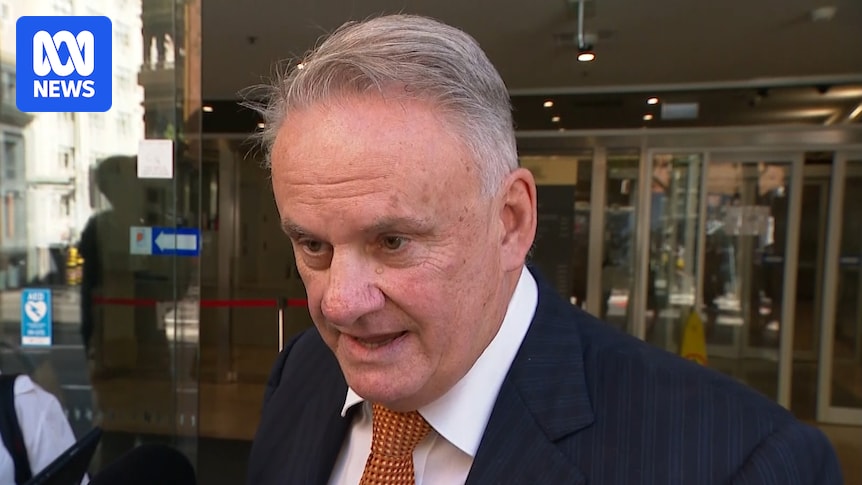
Independent MP Mark Latham’s former partner, Nathalie Matthews, has pleaded not guilty to charges related to intimate images. This development comes as Matthews appeared in John Maddison Tower Local Court on Wednesday, where she faced allegations of accessing or modifying restricted data, recording an intimate image without consent, and distributing intimate images without consent.
The charges stem from a separate matter, distinct from the ongoing legal battle between Matthews and Latham over an apprehended violence order (AVO) application. Matthews, 38, was arrested at Sydney Airport on Sunday following her arrival from Dubai. The victim in the intimate image case remains unnamed due to legal restrictions.
Legal Proceedings and Allegations
In addition to the intimate image charges, Matthews’s private AVO application against Latham was also heard in court on the same day. This case is set to return to court later this month. The AVO application follows the couple’s breakup last year, during which Matthews accused Latham of engaging in “degrading” acts. Latham has denied these allegations and has not been charged with any criminal offences.
Outside the courtroom, Latham expressed his frustration, describing the AVO application as a “complete waste of the court’s time.” He criticized Matthews, calling her “a habitual liar” and “a complete fantasist.”
“This is an outrageous use of the legal system that someone can belittle and abuse the domestic violence space with things that are clearly made up,” Latham stated.
Context and Background
The legal confrontation between Latham and Matthews highlights the complexities surrounding personal relationships and legal proceedings. Matthews’s accusations against Latham and her subsequent legal actions have drawn significant public attention, partly due to Latham’s high-profile status as a former leader of One Nation and an Independent MP.
Legal experts note that intimate image offences have become increasingly prevalent with the rise of digital technology, leading to legislative changes aimed at protecting victims. New South Wales, where the case is being heard, has stringent laws against the non-consensual distribution of intimate images, reflecting broader societal efforts to address privacy violations.
Implications and Future Developments
As Matthews’s case returns to court later this month, the outcomes could have significant implications for both parties. A conviction on the intimate image charges could result in severe penalties for Matthews, while the resolution of the AVO application could impact Latham’s public and political standing.
The case also underscores the ongoing debate about the misuse of legal systems in personal disputes. Latham’s comments suggest a need for potential legal reforms to prevent what he perceives as frivolous or malicious use of AVO applications.
Meanwhile, Matthews, who was granted bail earlier this week, appeared optimistic about the proceedings. When asked about her situation, she remarked, “Yeah, much better,” indicating a sense of relief following her court appearance.
The next court date will likely provide further clarity on both the intimate image charges and the AVO application, as the legal battle between Matthews and Latham continues to unfold.






